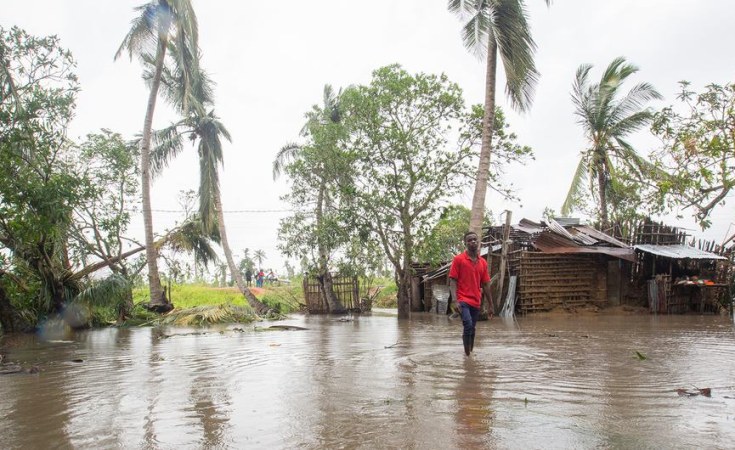South African climate experts have called on governments, businesses and communities to increase their awareness of the pending El Niño that is currently manifesting in the central Pacific Ocean.
The El Niño-Southern Oscillation (ENSO) is defined as one of the most important climate phenomena due to its ability to influence global atmospheric circulation.
El Niño and La Niña, according to researchers, are the warm and cool phases of a recurring climate pattern across the tropical Pacific.
Local experts and those across the globe have, through regular monitoring of the ENSO system, presented evidence that a moderate-to-strong El Niño is developing this year.
Speaking at the El Niño 2023 Summit held at the University of Pretoria, Council for Scientific and Industrial Research (CSIR) Senior Researcher and ACCESS Director, Dr Neville Sweijd, emphasised the need for early preparation in anticipation of the potential impacts of the El Niño in South Africa and its neighbouring countries.
Sweijd explained that it was concerning that this year's data showed global average sea surface temperatures that reached unprecedented levels in May and June.
"Already, records for June air temperatures are being broken in the Northern Hemisphere. This means that the El Niño is likely to be unusually strong."
While researchers are certain that an El Niño is manifesting, Sweijd said he was unsure about what impact it will have at this stage.
"In the past, around 2015 and 2016, the impact was severe and although we cannot say yet that this season will be equally affected, we must pre-empt the potential impact. It is quite unpredictable by nature, but there is a general pattern that researchers in South Africa have been studying," he added.
He also raised concerns that in the longterm, under the influence of global warming, this type of event will occur more frequently.
University of Pretoria's Professor Willem Landman explained that while there is a well-understood relationship between ENSO and extreme weather in South Africa, it was not a straightforward relationship and the extent of impacts vary greatly.
"However, most previous droughts in the summer rainfall regions of the country, and seasons with a high frequency of heat waves days are associated with El Niño events."
South African Weather Service's (SAWS) Dr Christien Engelbrecht noted that the impact of elevated temperatures and heat waves vary across the summer months and are more prevalent in the central parts of the country.
In addition, experts from Agricultural Research Council (ARC) demonstrated rainfall patterns and additional heat in past El Niño events that resulted in crop damage - requiring South Africa to import maize from other parts of the world.
"The experts noted that one ameliorating factor is that the region has experienced good rains over the last few years and should this occur, it might dampen the impact of drought for irrigated farming."
Stakeholders representing various government departments, tertiary institutions, industry, businesses and members of the scientific research community attended the gathering organised by the partners in the newly formed Extreme Climate Events Research Alliance.
The team said the purpose was not to create alarm, but rather to create awareness, plan for potential impacts and begin to consider what responses and contingencies are required.


